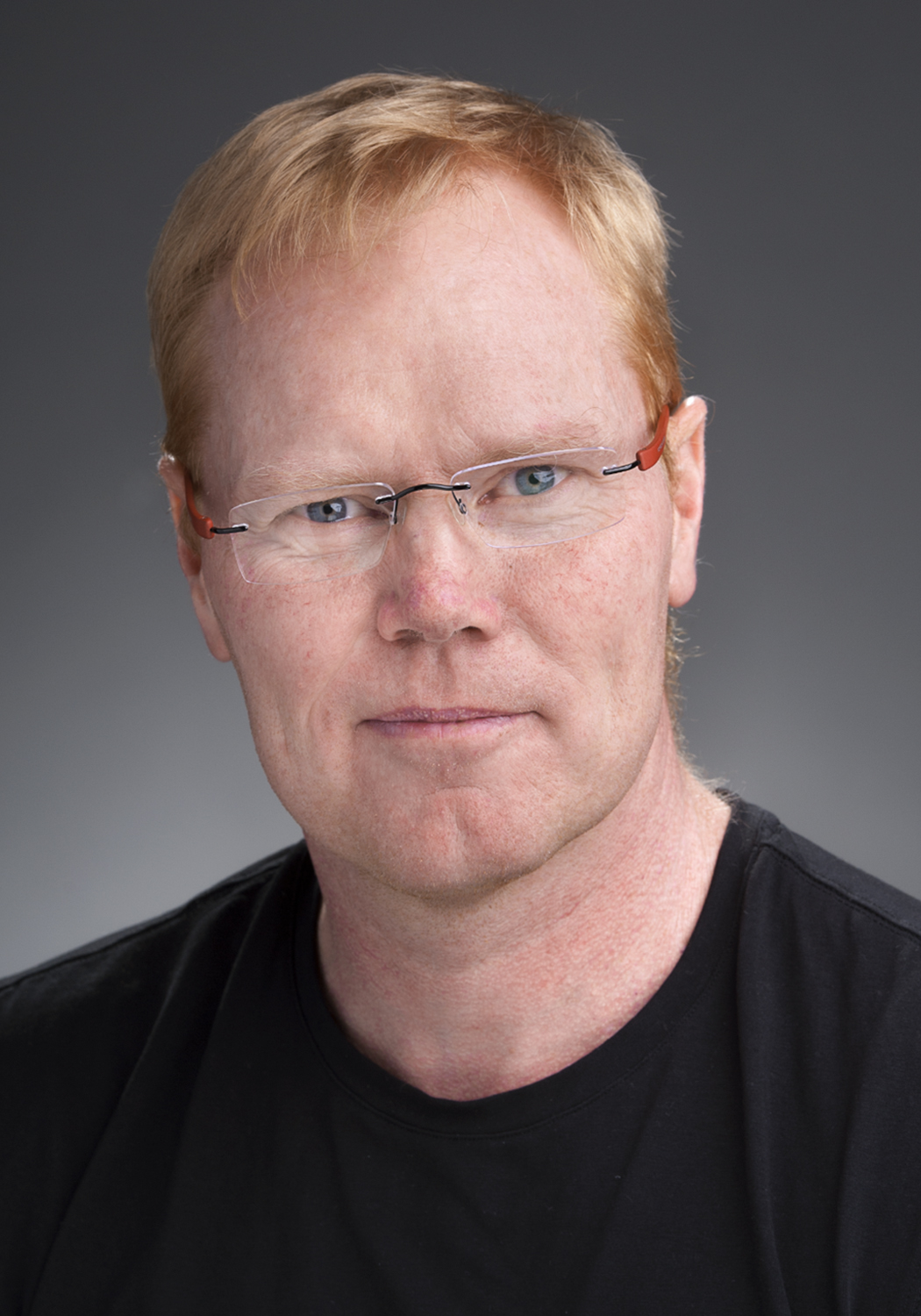



Simon Fraser University, Canada

"On the Edges of Flow: Students' Autonomous Problem Solving Behaviour"
Engagement in mathematical problem solving are aspects of problem solving that are often overlooked in our efforts to improve students' problem solving abilities. In this talk I look at students' problems solving engagement through the lens of Csíkszentmihályi's theory of flow. Studying the problem solving habits of students within a problem solving environment specifically designed to induce flow I look specifically at student behaviour when there is an imbalance between students' problem solving skills and the challenge of the task at hand. Results indicate that students have higher than expected perseverance in the face of challenge and tolerance in the face of the mundane, and use these as buffers while autonomously correcting the imbalance. Emerging from this research is an extension to Csíkszentmihályi's theory of flow and support for the teaching methods emerging out of my earlier work on Building Thinking Classrooms.
Dr. Peter Liljedahl is an Associate Professor of Mathematics Education in the Faculty of Education and an associate member in the Department of Mathematics at Simon Fraser University in Vancouver, Canada. He is the coordinator of the MSc and PhD Program in Mathematics Education and is a co-director of the David Wheeler Institute for Research in Mathematics Education at Simon Fraser University.
More globally, Dr. Liljedahl is the former vice-president of the Canadian Mathematics Education Study Group and the current president of the International Group for the Psychology of Mathematics Education. Dr. Liljedahl serves on the editorial boards of ESM, JMTE, MTL, FMEJ, MERJ, and CJSMTE and is a senior editor of IJSME. He has authored or co-authored 7 books, 17 book chapters, 26 journal articles, and over 50 conference papers. Dr. Liljedahl is also a member of the executive of the British Columbia Mathematics Teachers Association (BCAMT) and co-editor of their flagship journal, Vector.
Dr. Liljedahl is a former high school mathematics teacher who has kept his research interest and activities close to the classroom. His research interests are creativity, insight, and discovery in mathematics teaching and learning; the role of the affective domain in the teaching and learning of mathematics; the professional growth of mathematics teachers; mathematical problem solving; numeracy; and engaging student thinking. He consults regularly with schools, school districts, and ministries of education on issues of teaching and learning, assessment, and numeracy.